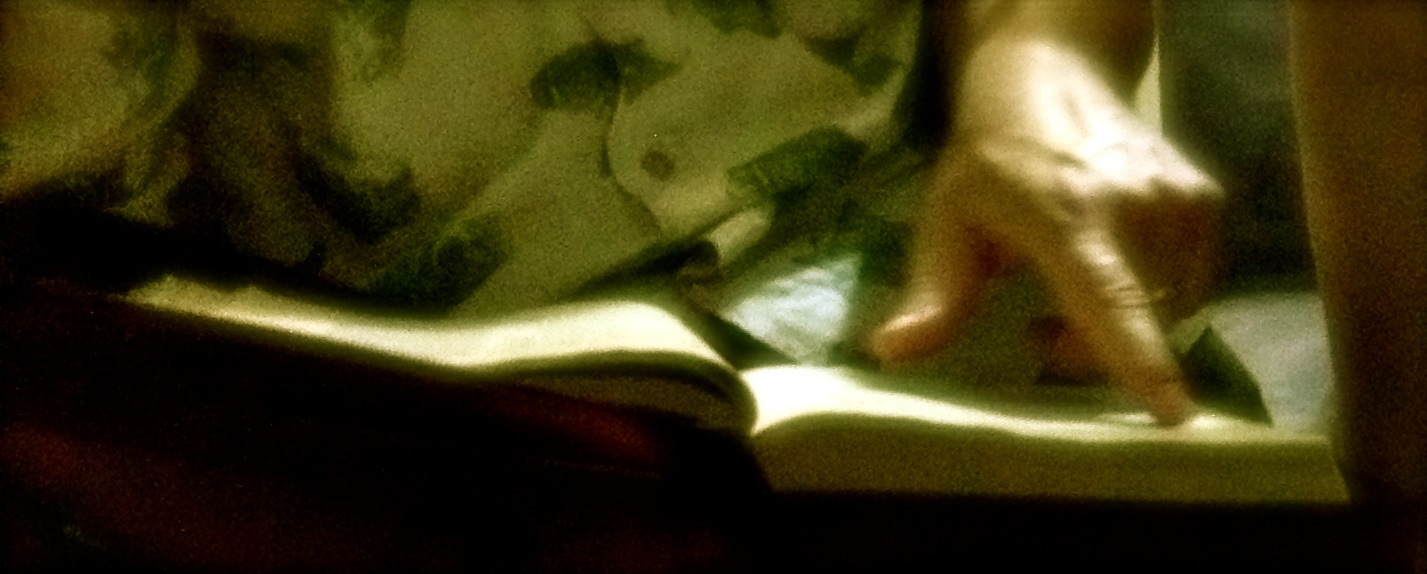“We Have Cause to Be Uneasy” and The Quotable *Mere Christianity*
As so often happens, my wife received a phone call from a friend asking questions about her faith and how one can trust that the Bible as true.
The time was 10:00pm, and since I was in a place to consider sleep, I reached for my Kindle and thought to browse the "Theo"(logy) section for some titles that might be of use to my wife's discussion.
First, I saw Dr. R.C. Sproul's "Can I Trust the Bible?" and as great as it is, I did not find that for which I was hoping. I was about to give up when I saw that classic title: "Mere Christianity" -- always worth a read. Lewis didn't say what I was looking for either, but I was hooked.
The first paragraph which my eyes came across -- when I skipped around the work's natural order -- was worth highlighting. (That in itself is noteworthy, considering how unpleasant highlighting can be on the oldest, most basic Kindle). Once the highlighting was completed, I realized the next paragraph was a continuation of the genius that was the previous paragraph. [Spend another 30 seconds highlighting the next paragraph.] Not too long thereafter, lo and behold: another highlight-worthy passage. We could almost underline or highlight the whole book...
Thus, here they are -- probably over-quoted but worth the re-read again and again -- from the first book's fifth chapter. (NOTE: this is in not meant to be a comprehensive list of the work's best quotes. These are the paragraphs that captivated me in my ten minute gander, before provoking me to rise again and share them on the blog.) Now...
You may have felt you were ready to listen to me as long as you thought I had anything new to say; but if it turns out to be only religion, well, the world has tried that and you cannot put the clock back. If anyone is feeling that way I should like to say three things to him.
First, as to putting the clock back. Would you think I was joking if I said that you can put a clock back, and that if the clock is wrong it is often a very sensible thing to do? But I would rather get away from that whole idea of clocks. We all want progress. But progress means getting nearer to the place where you want to be. And if you have taken a wrong turning, then to go forward does not get you any nearer. If you are on the wrong road, progress means doing an about turn and walking back to the right road; and in that case the man who turns back soonest is the most progressive man. We have all seen this when doing arithmetic.
When I have started a sum the wrong way, the sooner I admit this and go back and start over again, the faster I shall get on. There is nothing progressive about being pigheaded and refusing to admit a mistake. And I think if you look at the present state of the world, it is pretty plain that humanity has been making some big mistake. We are on the wrong road. And if that is so, we must go back. Going back is the quickest way on.
...
Of course, I quite agree that the Christian religion is, in the long run, a thing of unspeakable comfort. But it does not begin in comfort; it begins in the dismay I have been describing, and it is no use at all trying to go on to that comfort without first going through that dismay. In religion, as in war and everything else, comfort is the one thing you cannot get by looking for it. If you look for truth, you may find comfort in the end; if you look for comfort you will not get either comfort or truth-- only soft soap and wishful thinking to being with and, in the end, despair. Most of us have got over the prewar wishful thinking about international politics. It is time we did the same about religion.
